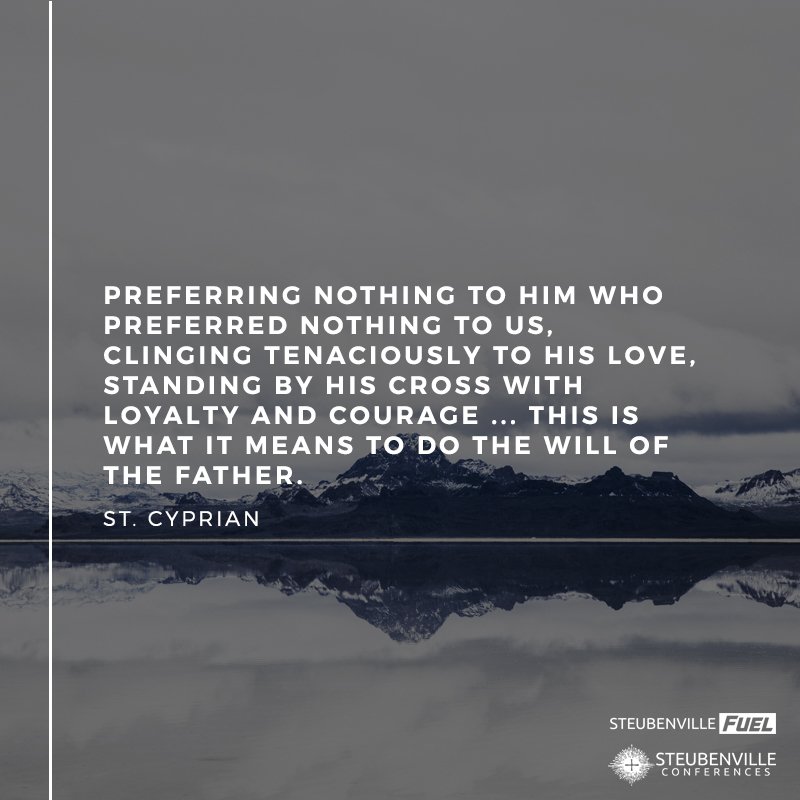The Saga of the Door the Cardinal Didn’t Close When He Wasn’t Even in the Country Never mind the Cathedral continues, with another protest planned later in the month.
Headlines have suggested that Cardinal Dolan told people they were unwelcome in St. Patrick’s Cathedral last Sunday. But he wasn’t even in the country — and the director of operations of the cathedral simply tried to keep a protest from disturbing the Mass.
(I wrote about this here and here.)
One of the protesters, writing his second item this week for The Huffington Post about the protest he participated in, continues to be disturbed by a blog post of Cardinal Dolan’s. “All are welcome,” the cardinal wrote; “but,” Joseph Amodeo wrote, it “came with caveats and conditions. In many ways, a welcome with conditions is no welcome at all.”
All are welcome to consider what the Church offers. Baptized Catholics are always welcome be confounded and conformed by the Gospel and the Sacraments.
The “caveats” to the welcome are actually catechesis. They are integral to the welcome.
Christ didn’t say, “I am the Way and the Truth and the Life and it is now going to be easy.” He did say that if we accept our crosses in life, and if we love others in Him, we will be redeemed.
We have painful crosses to bear. That’s not easy to say and they are even harder to carry. Some of them are more painful than others, some seem unbearable. We oftentimes don’t know the pain of our brother, of our neighbor, a person in the news.
The Church helps us in being at peace with our now and not yet lives. Our faithfulness strengthens us in bearing the crosses of our circumstances. Of our temptations. And through the sacraments and prayer and faithfulness to truly discerning God’s will in our lives, we can come to be drawn deeper in to the hope and a joy greater thank anything of this world.
We are called to love one another. Loving one another doesn’t involve defining love by 2013 cultural popular standards. It involves trying to reach people with love, as the cardinal tries to do with the pulpit and platform his role as archbishop of New York — a shepherd, a father — and president of the U.S. Conference of Catholic Bishops, afford him.
Thanks be to God, people love and respect the Church still, even while wrestling with its countercultural teaching.
The most powerful statement today doesn’t come in protests and blog posts but in adoring Christ in the Blessed Sacrament and letting the Holy Spirit take hold of us, to bring us to our Father.
I love what Christopher West offers in his unpacking of John Paul II’s Theology of the Body:
Wherever we aim at, that’s where we will ultimately arrive. That’s the tremendous gift and weighty responsibility of freedom. How do we distinguish authentic freedom from its counterfeits? How do we place our freedom at the service of authentic love so as to arrive at our God-given destiny of heavenly bliss? As we will discover, this is what sexual morality, properly understood, is all about: learning how to aim our desire for heaven toward heaven.
. . .Our true value, our true worth and dignity, comes from the fact that we have been chosen by Love and for Love, and that Love is an utterly gratuitous and free gift. We have been chosen to participate in infinite love, in love without measure, in ecstasy and bliss beyond imagining. This is what we desire. This is what we are designed and destined for. Somehow, we know it. And this Love is ours if we would only open to it and receive “the gift.”
All are welcome. It’s about a union with the Trinity. The Church in her Sacraments and teachings and community help us, every day, grow in faith, to love and serve Him, through loving and serving others.
Do we see the sacraments for what they are, and not for what we would have them be?
Do we want to conform them to our lives or transform us?
These are questions for all.
It’s not easy. That’s why it’s radical. But the hope is Heaven!












